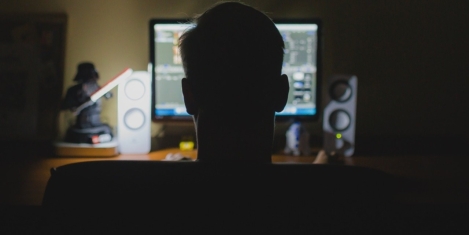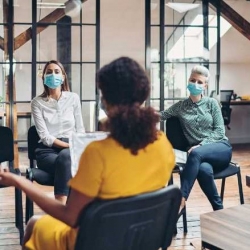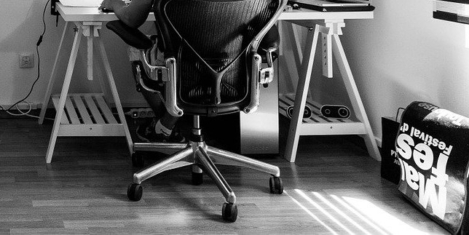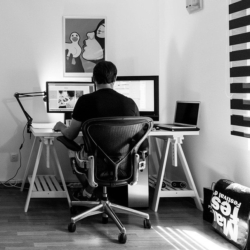To provide the best experiences, we use technologies like cookies to store and/or access device information. Consenting to these technologies will allow us to process data such as browsing behaviour or unique IDs on this site. Not consenting or withdrawing consent, may adversely affect certain features and functions.
The technical storage or access is strictly necessary for the legitimate purpose of enabling the use of a specific service explicitly requested by the subscriber or user, or for the sole purpose of carrying out the transmission of a communication over an electronic communications network.
The technical storage or access is necessary for the legitimate purpose of storing preferences that are not requested by the subscriber or user.
The technical storage or access that is used exclusively for statistical purposes.
The technical storage or access that is used exclusively for anonymous statistical purposes. Without a subpoena, voluntary compliance on the part of your Internet Service Provider, or additional records from a third party, information stored or retrieved for this purpose alone cannot usually be used to identify you.
The technical storage or access is required to create user profiles to send advertising, or to track the user on a website or across several websites for similar marketing purposes.
 New research by Rouge Media, highlights where in the UK has the most lapsed or internet non-users, following Ofcom’s announcement that the digital divide has been narrowed by pandemic, but around 1.5m homes remain without internet access. (more…)
New research by Rouge Media, highlights where in the UK has the most lapsed or internet non-users, following Ofcom’s announcement that the digital divide has been narrowed by pandemic, but around 1.5m homes remain without internet access. (more…)






 More than a third (37 percent) of US and UK office workers describe the prospect of going back to the office as the equivalent of going out to meet with friends, according to a new study by
More than a third (37 percent) of US and UK office workers describe the prospect of going back to the office as the equivalent of going out to meet with friends, according to a new study by 


 Businesses are managing a new work dynamic that’s made up of three parts, or three ‘types’ of employee. Some are keen to go back to the office, some want to stay working from home, and some want an entirely flexible arrangement so they can fit work around important personal commitments.
Businesses are managing a new work dynamic that’s made up of three parts, or three ‘types’ of employee. Some are keen to go back to the office, some want to stay working from home, and some want an entirely flexible arrangement so they can fit work around important personal commitments. 
 While working from home has surged in recent months, the use of flexible working hours – such as part-time, flexi-time and compressed hours – has fallen over the course of the Coronavirus pandemic, according to new
While working from home has surged in recent months, the use of flexible working hours – such as part-time, flexi-time and compressed hours – has fallen over the course of the Coronavirus pandemic, according to new 
 Has working at home during lockdown made people
Has working at home during lockdown made people 




 As pubs, shops and other workplaces re-open this week, the success of the vaccine rollout has helped employees feel much more optimistic about their return to work than they were following November’s lockdown, according to
As pubs, shops and other workplaces re-open this week, the success of the vaccine rollout has helped employees feel much more optimistic about their return to work than they were following November’s lockdown, according to 
 As lockdown starts to lift, more people are having to think about going back to work as normal. That means commutes, offices, cafeterias, and face to face meetings.
As lockdown starts to lift, more people are having to think about going back to work as normal. That means commutes, offices, cafeterias, and face to face meetings. 
 Research commissioned by
Research commissioned by 







May 11, 2021
Organisations are finally getting their heads around what the office is really good at
by Gill Parker • Comment, Workplace design